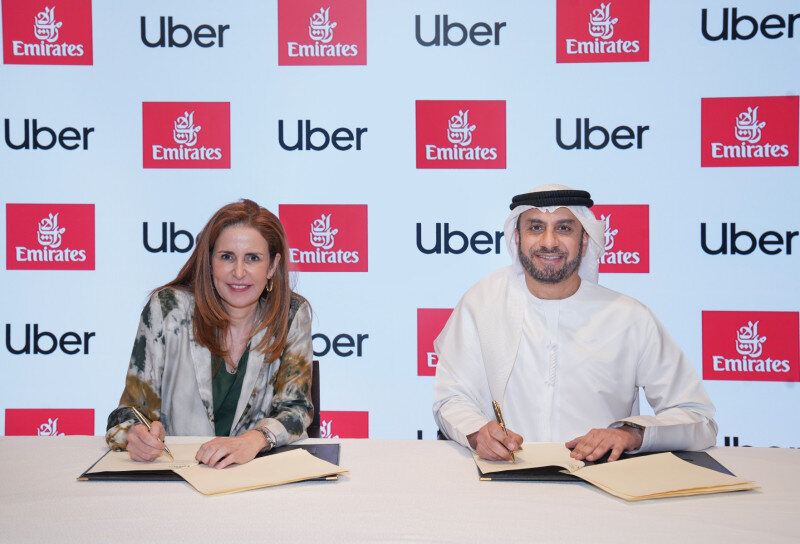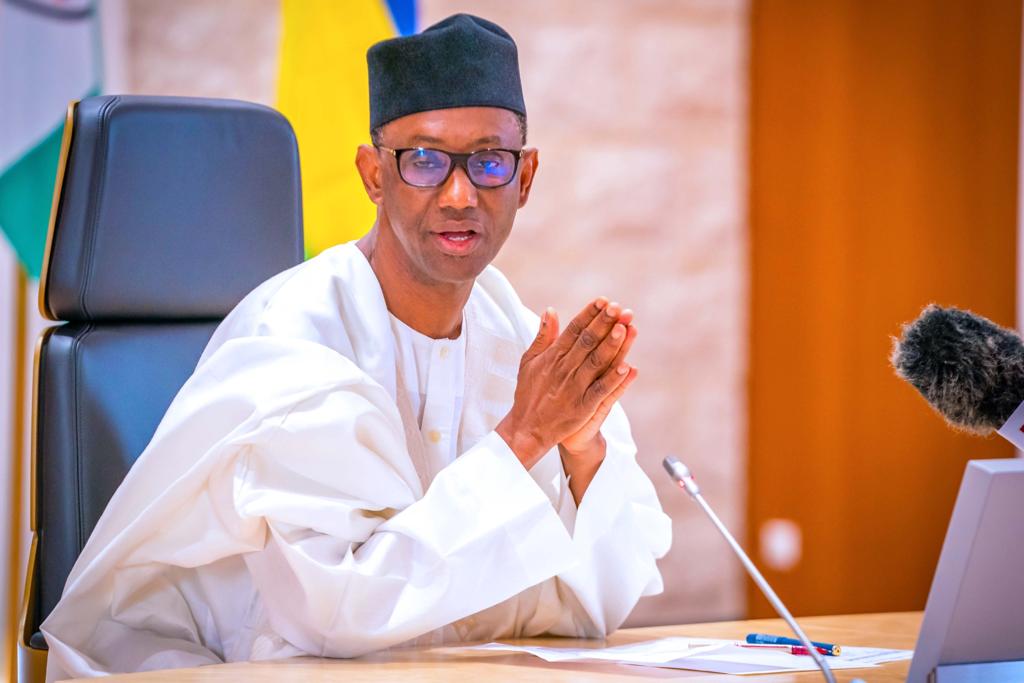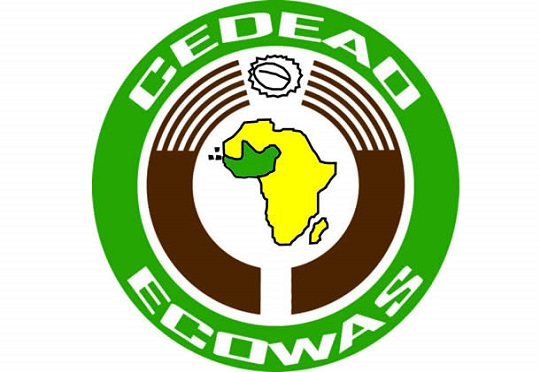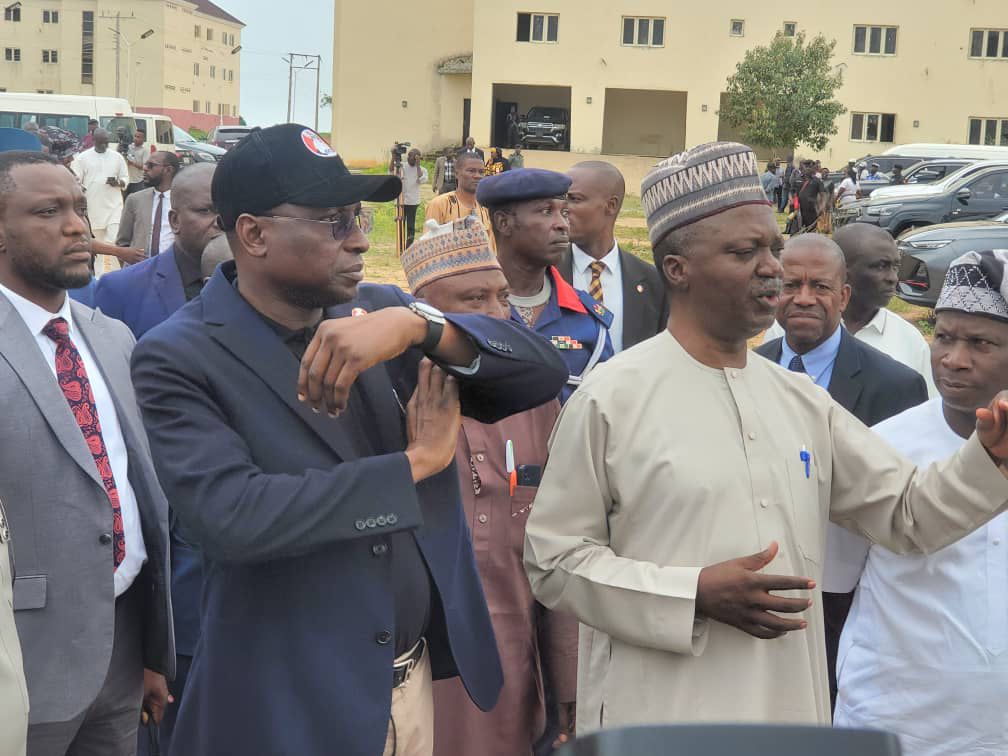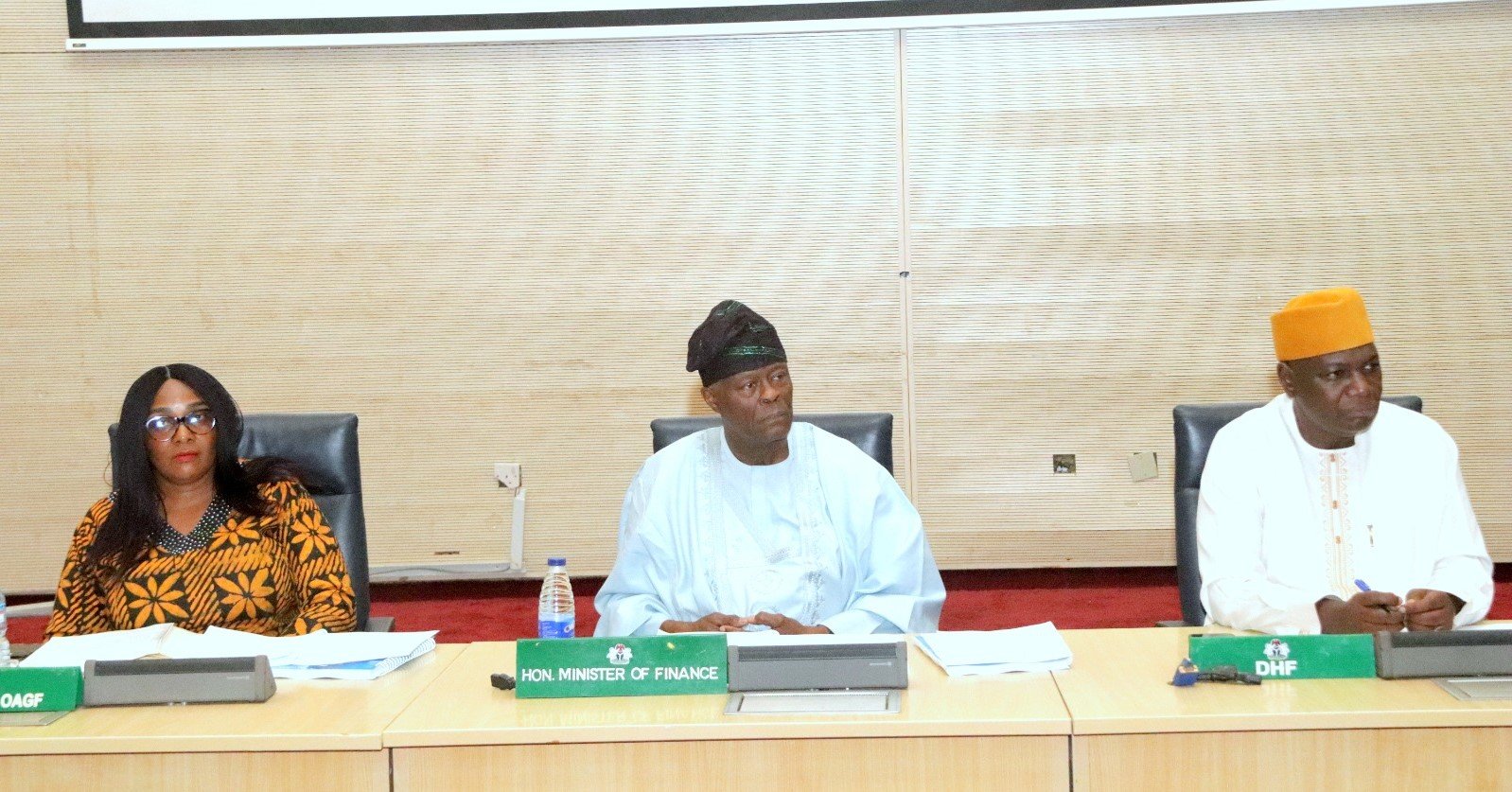Olori Atuwatse III urges inclusion of women in Africa's growth

Wife of the Olu of Warri, Olori Atuwatse III
The Queen Consort of Warri Kingdom, Her Majesty, Olori Atuwatse III has called on African nations to recognize and elevate women’s leadership at all levels of society from homes and markets to statehouses and boardrooms.
She state this in her keynote address at the 2025 FLAIR Summit in London.
Speaking during a high-level session of the First Ladies of Africa Impact and Resilience (FLAIR) Summit, the Queen emphasized that Africa’s growth will remain incomplete unless women who already play central roles in families, economies, and communities are fully empowered and included in policy, leadership, and nation-building efforts.
The event drew dignitaries including the First Ladies of Oyo and Kwara States, lawmakers, investors, and global development partners.
The summit featured exclusive engagements at iconic venues such as the UK House of Lords, House of Commons, the London Stock Exchange, and the Royal Leonardo Hotel.
In her keynote titled “Elevating the Role of Women in Africa’s Development,” Olori Atuwatse shared a deeply personal experience from her life. “Shortly after my father passed on, I his firstborn was told to watch from the sidelines. ‘There’s a difference between a firstborn and a first son,’ they told me,” she recounted.
That moment, she said, was a reminder of how traditional norms still attempt to reduce women’s roles regardless of their qualifications or achievements.
That painful experience, she explained, reaffirmed her purpose as a leader and strengthened her drive to advocate gender equity. “Nothing not privilege, not age, not achievement insulates women from the limitations society tries to impose.”
Olori Atuwatse praised recent milestones in African leadership, highlighting Namibia’s President-elect Netumbo Nandi-Ndaitwah and Tanzania’s President Samia Suluhu Hassan. “For the first time, Africa has two sitting female heads of state .It’s remarkable. And it shows that change is possible.”
She emphasized that African women have always led often without titles or applause. “In Warri and across Africa, women are breadwinners, entrepreneurs, teachers, and caregivers. They are birthers, binders, and builders of communities,” she said. “Yet people still ask whether women can lead. What a tired question.”
Her speech stressed that Africa’s future depends on mobilizing this untapped leadership force. “Africa cannot thrive on the efforts of a few prominent female leaders alone,” she said. “We need grassroots women those without formal power seen, heard, and empowered.”
Through her EstablishHer mentorship program in Nigeria, Olori Atuwatse has been helping women recognize their value and unlock their potential. “We don’t make them leaders,” she said. “We help them see they already are.”
She cited economic research suggesting that if African countries close the gender leadership gap by 2043, they could lift 53 million people out of extreme poverty and boost GDP per capita by 5 percent. “The impact would be staggering,” she said.
To achieve this, Olori Atuwatse laid out a three part framework: Mentor, Reform, and Empower.
